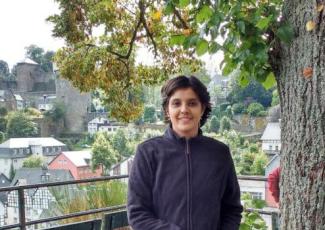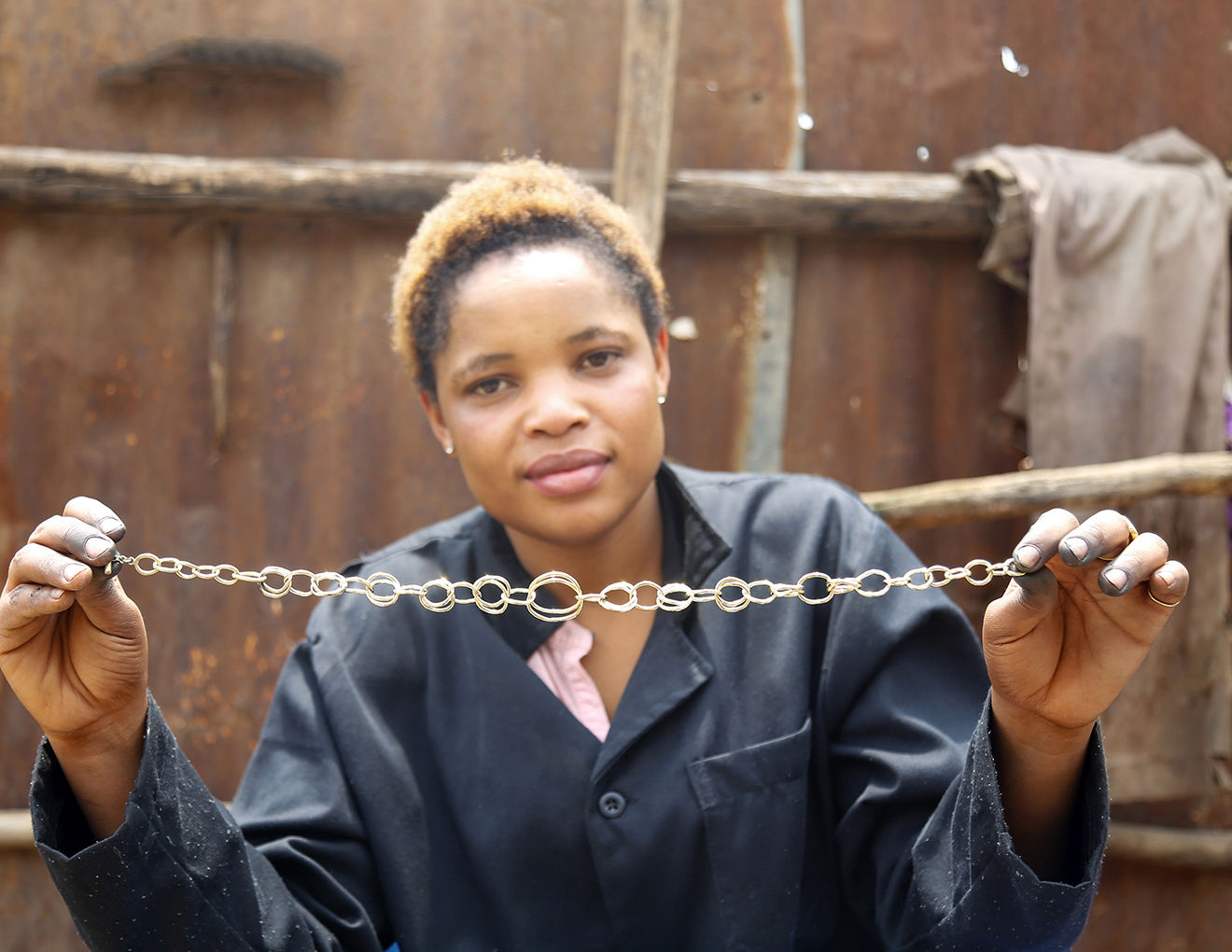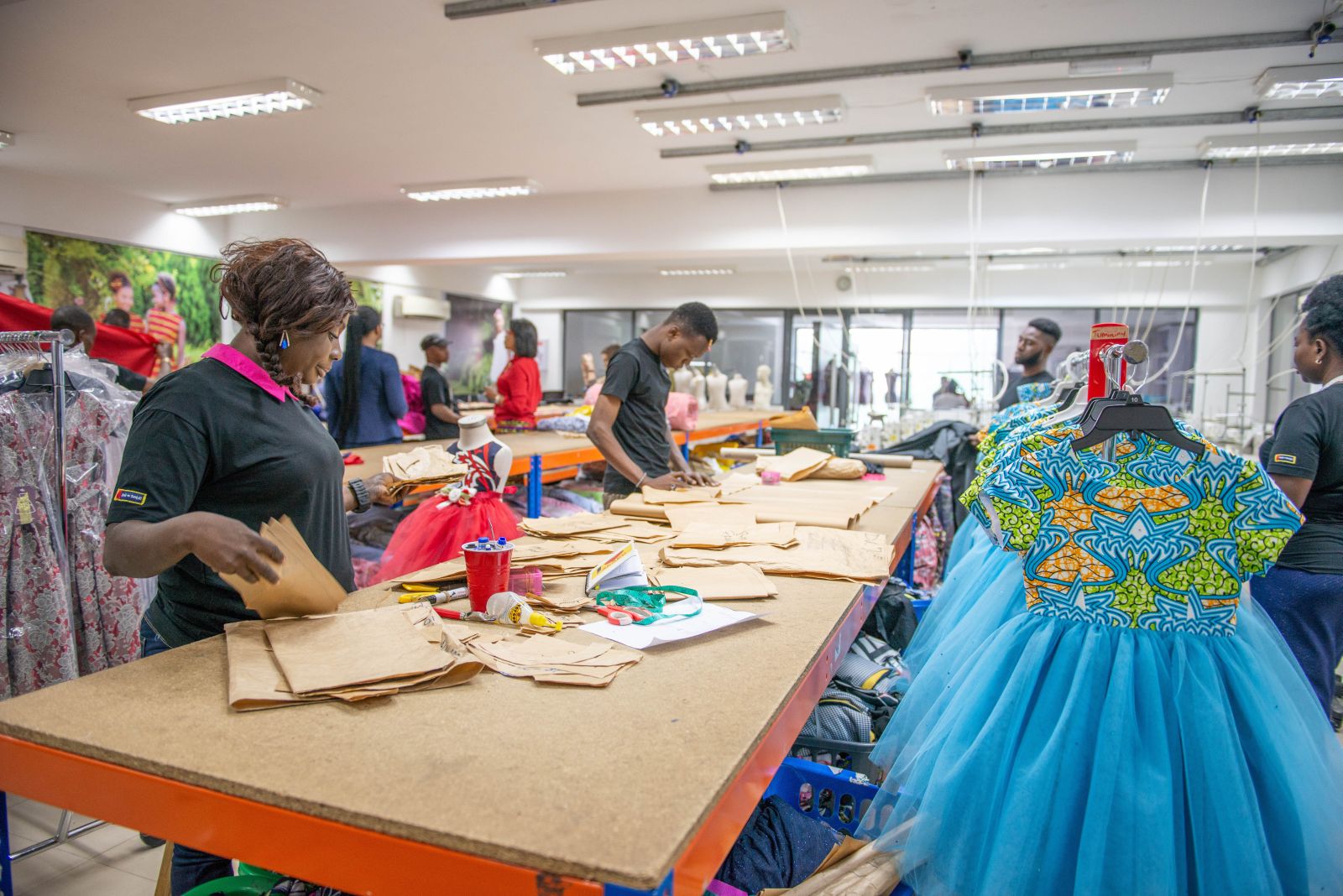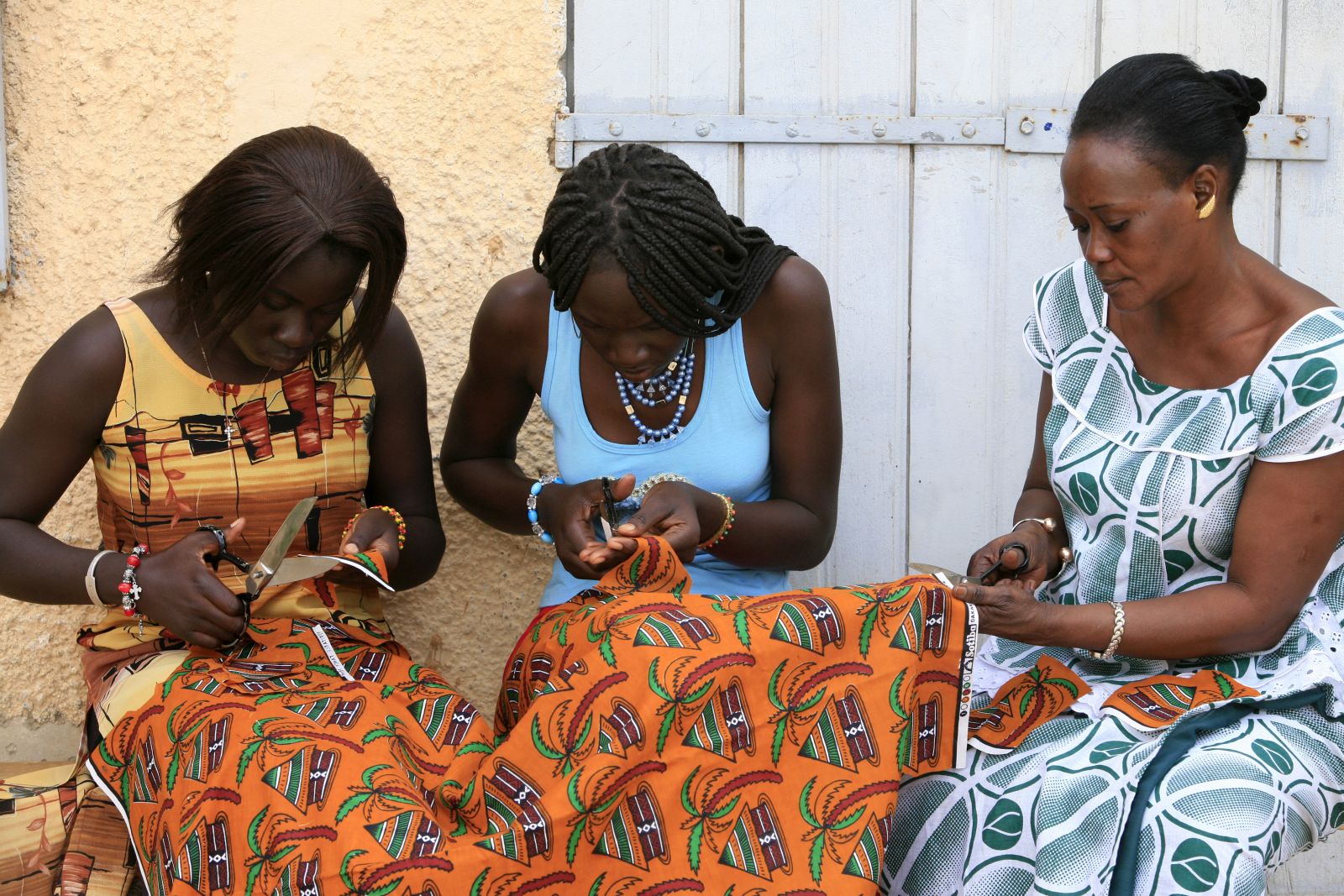Summer special
Working and understanding integration in Cologne

Initially it took me a long time to figure out my role at the shelter. I was working in a transit camp which had about 600 people, mostly families waiting to be transferred out after their papers went through bureaucratic procedures. For them it was a long, interminable wait, which lasted from three months to two years. During that time the camp was their home and a place of preparation for the country outside.
I was assisting in the day-to-day programmes that were run in the camp, which had a day-care centre (for children aged 3 to 12) and a youth room (for ages 12 to 18). These centres provided facilities where the children could learn German, do their homework and play games. They were primarily a microcosmic social integration project introducing German way of life.
In time, I developed a close bond with the 9 to 12-year-old girls. I noticed them getting restless and feeling out of place in the kindergarten. I had observed that they were in the awkward phase when they were too mature to be in a space full of young children but not old enough to be allowed into the youth room. Moreover, there were more men hanging around smoking, chatting or relaxing outside the centre because it was the only open space available.
So I decided to start the “girls’ projekt”, with the idea of bringing the girls together in a space for themselves, where they could bond and be at ease. They loved Bollywood numbers, so I started doing Bollywood dancing with them. It took them some time to warm to the idea of dancing but when they did, it was great fun to see them open up and learn from each other. The Kurdish girls also taught me the steps of dances they had learnt at home!
Many young women have mixed feelings about the experience of coming to Germany. Some found it a liberating experience to stop wearing the hijab in public spaces; others choose to continue wearing it. The mere fact that they have the choice is hugely important; it actually matters more than what the women opt to do.
From my own experience, I found it difficult to engage and make friends in the beginning, but eventually my colleagues became friends and formed an important support system for me. For people in the shelter, it was also hard to engage with locals on a regular basis. Belonging to social groups is a basic need for most people. One volunteer I met, a university student, used to teach a Syrian man German. Later, when he didn’t have enough time to teach, the two continued to meet up occasionally to cook together or simply have a chat. In my eyes, that kind of contact is what integration means.
During my time in Germany, I really saw how labour is appreciated and respected as an act of reciprocity. Indian society is incredibly influenced by caste, to say the least, and still has a long way to go in terms of sharing and valuing labour, be it in the home, between husband and wife, or in professional spaces.
Ever since Chancellor Angela Merkel opened the borders in 2015, the integration of refugees has been a hotly debated issue. But Syria’s neighbours Turkey and Jordan have accepted many more refugees than European countries. The uproar triggered by the refugee issue in Germany, voicing security concerns and questioning the country’s capacity for absorbing migrants, has a great deal to do with politics within Europe. From what I understand, Germany has a decreasing population, and many believe it would profit in the long run from the demographic influx.
During a vacation in Dresden, I witnessed a Pegida demonstration. Pegida is a German nationalist, anti-Islam movement gaining momentum in the east of the country. Its members meet every Monday to demonstrate against refugees. On returning to Cologne, I found it heartening to learn that there had been a demonstration of solidarity with refugees, in opposition to the right-wing populist AfD party. Cologne has a thriving community called “Köln gegen Rechts”, which opposes fascist tendencies.
I am glad that, as volunteers, we got to live and work in a city as colourful and welcoming as Cologne.
Contact
subhadrakaul101@gmail.com










